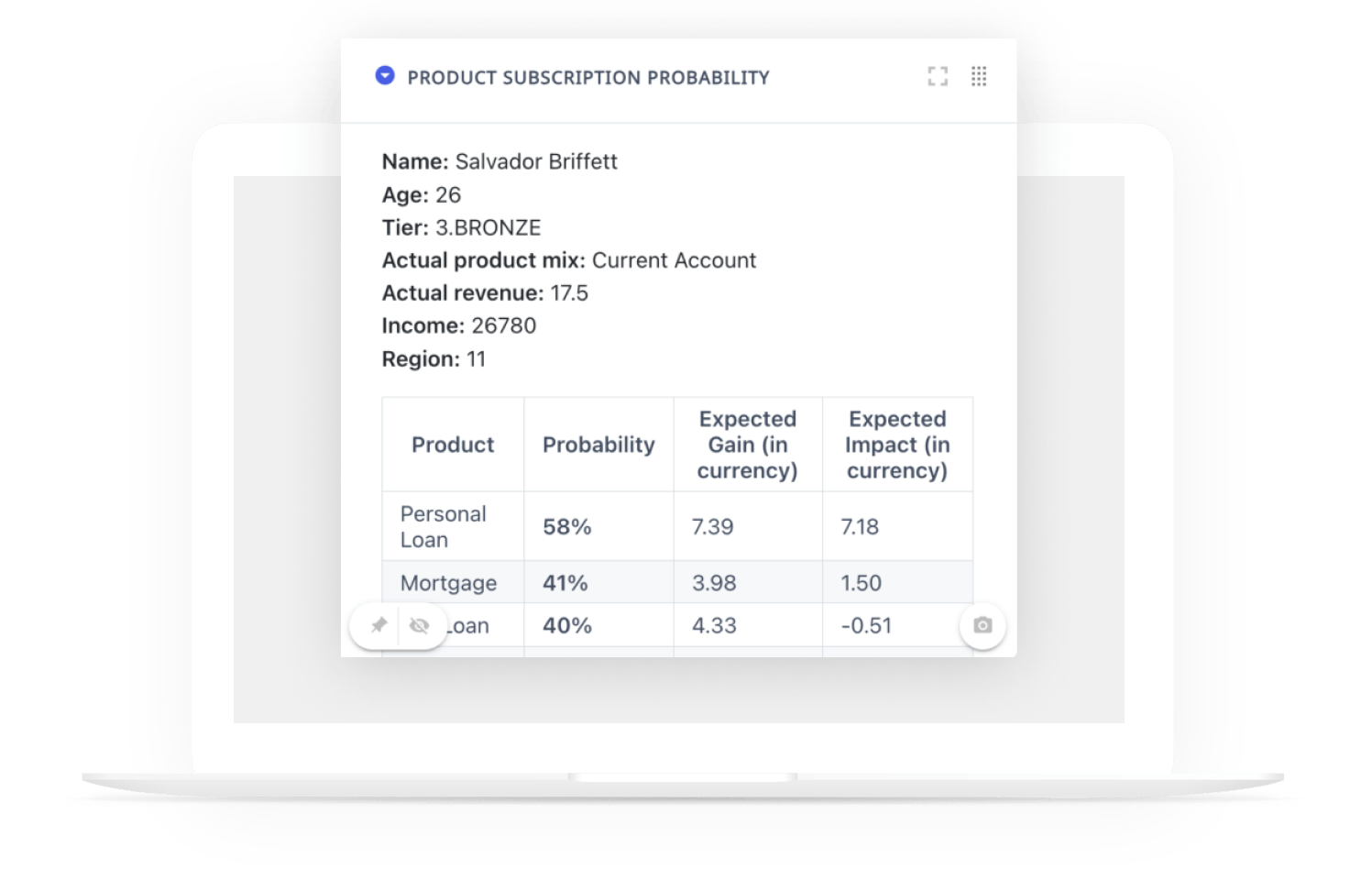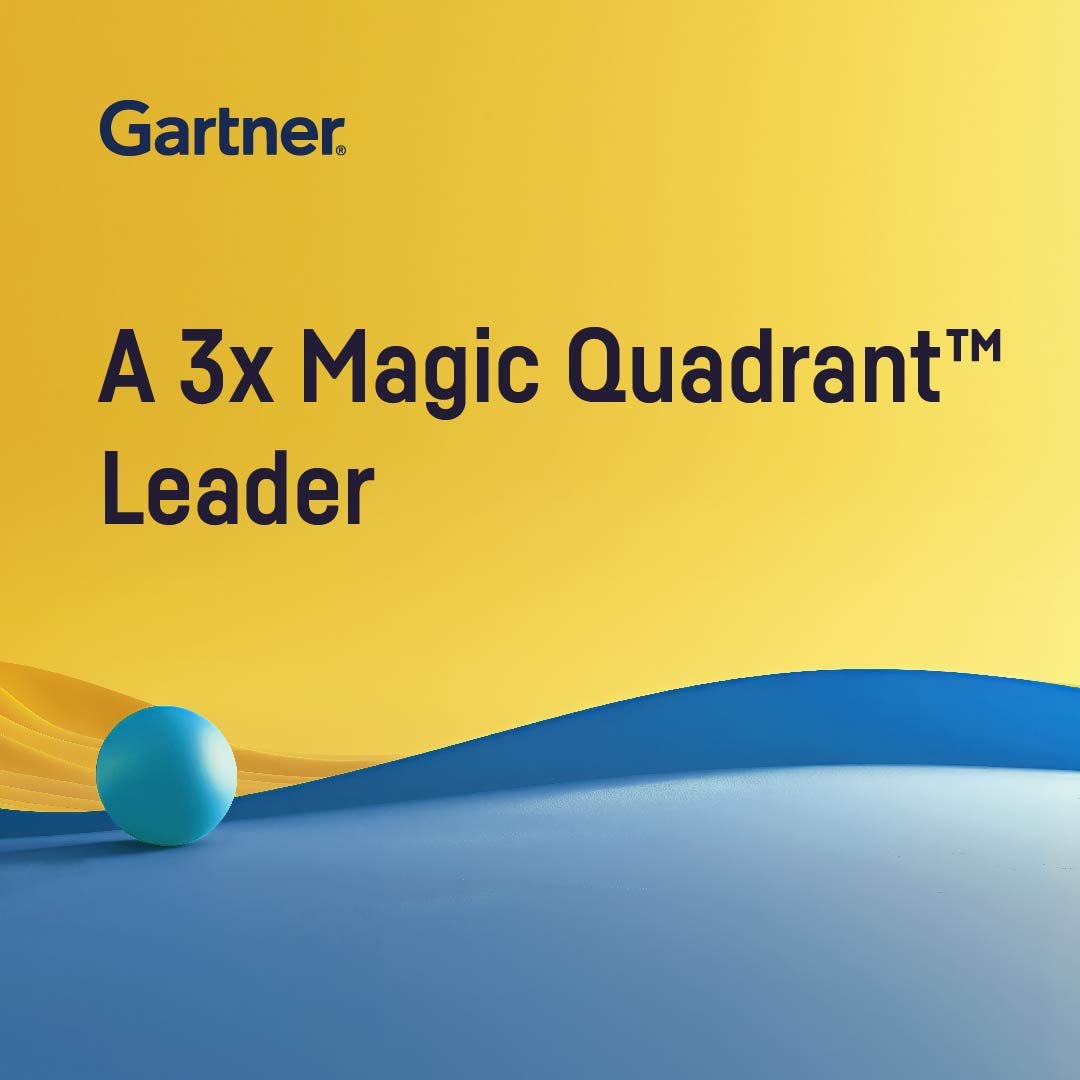With over 18 million customers across its core business functions in the United Kingdom, Canada, and Ireland, Aviva is one of the leading insurance, wealth, and retirement companies in the UK. Since its inception, the company has championed the creative use of data across its divisions in order to better serve its clients and invest in a more sustainable future.
The 100-employee-strong Aviva Audit Team, looking to provide a smooth and efficient customer experience without sacrificing the accuracy of the audit process, knows firsthand the value of advanced data analytics. We spoke with Francisco Pavao Martins, Senior Manager of Data Analytics at Aviva Audit, to learn how the team is building out its data science operations to support auditors and streamline their processes with tailormade data analytics solutions.
A Year of Rapid Change
The data analytics team within Aviva’s internal audit division is small but mighty. In only one year, it has invested in process mining and other key capabilities to help auditors make better, insight-driven decisions.
As Pavao puts it, the direction the team is taking is in line with its central vision:
“We enhance internal audit through our analytical expertise by driving internal efficiency, and providing data-driven insights at pace. We continually work to make things better by challenging current processes and creating innovative solutions, whilst sharing knowledge and embedding analytical skills.”
To keep its eye on the prize, the data team focuses on three strategic priorities:
- Enabling auditors to deliver audit work through the help of data analytics tools
- Ensuring that those tools are of the highest quality and utility and developing self-service access to these tools for auditors to use on their own
- Training the audit department (about 100 auditors) on using the solution
Having their sights set on this three-pronged horizon, Pavao and his team are able to focus on big-picture analytics projects, which may take time and forethought, but which ultimately move the needle when it comes to building pipelines for usable insights and digestible reports. These more advanced projects involve everything from working with large data sets and using SQL to building self-service analytics tools that allow Aviva to tear down traditional data silos and empower auditors (and other lines of business) to work with data themselves.
Finding Gold With Process Mining
When the data team at Aviva Audit began working with Dataiku, they already had a crucial use case in mind. Pavao explained that the team might work for two months on normal data analytics projects before delivering results. While there are advantages to this sort of timeline (most importantly, the time to give attention to detail and consider all possible points of failure), the team was also not satisfied with the pace at which it was able to intervene and help out in audit decisions.
Here’s where process mining came in. Pavao knew that a more real-time, play-by-play relationship between data analytics and the business could help keep Aviva light on its feet across all of its core functions. “We can use process mining to come in quickly and directly, running the data that the business is using, getting a full view of the processes, and then focusing on areas that might be broken or might not be running as expected.” And the key was to keep this agility in balance with one of the audit team’s core mottos: keeping Aviva safe and secure. If this kind of intervention could be perfected and automated, it would be a gamechanger.
Dataiku’s process mining solution in action. This image shows information from a public dataset unrelated to Aviva.
With the help of Dataiku’s plug-and-play process mining solution, Pavao and his team have started doing exactly that. The solution models the business’s processes from the company’s data, allowing the data team to understand those processes in ways that would otherwise either be impossible or take lots of precious time.
To date, the team has delivered on three projects using process mining. One of these focused on customer journeys for making claims. On the one hand, Pavao said, the assessment “provided a positive assurance to management in the sense that the journey that customers are taking is fit for purpose.” On the other, it also allowed them to zoom in on particular parts of the journey that did not run as intended.
“As an audit function,” Pavao said, “we found either loops or jumps in the path. And then the audit teams looked at those cases and did a manual investigation of them.” As a result, the data team is providing a new kind of assurance over and visibility into certain customer journeys that might otherwise not have been noticed because they would have been hidden beneath millions of records. They are even exploring opportunities for process optimization.
A Boon for Auditors
The value added by process mining has been significant for both analysts and auditors. On the analyst side the greatest benefit has been in terms of time saved — cutting their time spent by about 50%; whereas for the auditors it has been in terms of the quality of the output, allowing them to quickly focus on what matters.
“Process mining allowed us, on the analytical side, to increase efficiencies and deliver the work in half the time and, on the audit side, to increase the quality of the output, because they are able to zoom in on the potential discrepancies or deficiencies in the customer journey,” Pavao said. And that’s not even counting the accelerated initial set up: it took two days for data analysts to get up and running with the plug-and-play process mining solution on Aviva data — compared to the 9-12 months it would have required to set up their own solution.
Tom Adams, Internal Audit Manager at Aviva, immediately recognized the benefits of process mining from an auditor’s perspective. “There’s stuff everywhere crying out to be analyzed,” he said. So he jumped at the opportunity to use process mining when a use case presented itself to the audit team
The opportunity in question was a review of motor claims. It was a perfect case study because of how seemingly well everything related to motor claims was running: the metrics looked good across the board. But how can you know, objectively speaking, if that’s actually true? “Are there any holdups we aren’t seeing? Any blockages or pinch points?” he said.
Working with Pavao, Adams and his team set to work running the motor claims operation through the process mining solution. “In terms of getting hold of the data, that was relatively straightforward,” Adams said. The only thing left to do was to run the model and see what it produced. As a result, the auditors were granted a comprehensive view of the processes involved in motor claims — with a degree of objectivity and thoroughness his team previously hadn’t had access to.
Whether or not the results the solution provides are positive, Adams said, the learnings are of tremendous value. “If what comes out is that your process is tidy and great, then you know you’ve won,” he said. But if you discover that your pathways are “super messy”, then “that itself is useful to know, because what we’re trying to discover is how much control does this or that team really have over their flow.” With concrete answers come concrete insights; and with concrete insights come informed decisions.
Adams is eager to make process mining a regular part of the audit workflow — above all because it makes collaboration across the business easier and clearer. With hard data and compelling visualizations, auditors can keep their colleagues on the claims teams informed about the exact pitfalls within the processes they’ve designed.
Democratizing With Self-Service Analytics
The data team’s journey with process mining is only just beginning. With three use cases under their belt, they are continuing to develop process-oriented projects while also breaking down the walls that, in other businesses, might contribute to a silo effect that separates analytics functions from the rest of the business.
This means establishing a culture of self-service analytics around the tools that make it easy for data teams to collaborate with line-of-business people. This benefits everyone, increasing the audit department’s capabilities and enabling the audit team to focus on data analytics work they might otherwise not have the time or bandwidth to tackle. In particular, the team is promoting self-service analytics among auditors.
Pavao is working steadily to train auditors not only to understand how process mining works, but even to use the Dataiku process mining solution itself to generate insights on their own. Auditors can also learn to easily replicate and adapt these analyses on new processes, allowing them to scale the usage of process mining across the whole company (e.g., across countries, products, etc.). Having process mining in the team’s workbench allows them to leverage it not only on its own, but also in combination with other solutions geared toward making data projects more efficient. And as for the line of business stakeholders, the data team is empowering them to visualize and slice and dice the solution’s outputs for their own consumption.
Working Hand-in-Glove With the Business
After just over a year working with Dataiku, Pavao can already see the value being added by his team’s commitment to using advanced data analytics. “What we do in audit is then used by the business itself. And that has direct customer impact.”
Working in a massive environment of over 20,000 employees, the data team has proven that not only the team but data itself can punch above its weight. Moving from project to project, they can leverage their learnings and experience to continue improving processes, to observe and monitor those improvements, and, in ways both direct and indirect, to support the business. Looking ahead, as the team grows, Pavao hopes to continue expanding the self-service capabilities of auditors and analysts alike, and to make his team’s data science vision a shared one across many of the company’s divisions.






